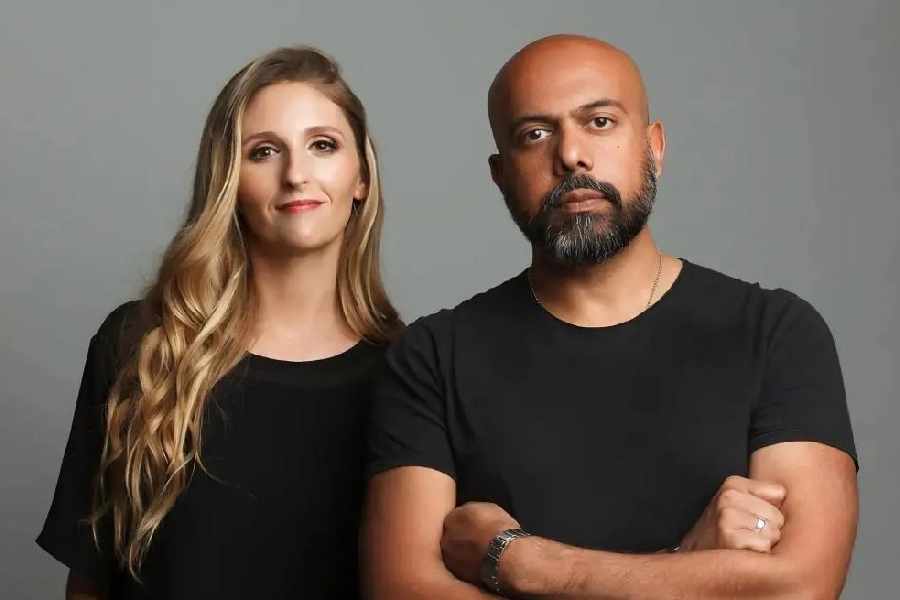A couple of years ago, San Francisco-based electronics company Humane — powered by Apple alumni Imran Chaudhri and Bethany Bongiorno — began a slow marketing campaign to showcase the many possibilities with artificial intelligence features without having to fall back on smartphones. Their winning device was the AI Pin that Naomi Campbell sported while strutting the Coperni runway during Paris Fashion Week in 2023. The startup is selling most of its company to HP for $116 million and will stop selling AI Pin, the company announced.
The deal includes the majority of Humane’s employees, besides its software platform and intellectual property. It will not include Humane’s Ai Pin device business, which will be wound down.
After the initial slate of negative reviews, Humane tried to promote its flagship device at Mobile World Congress last year. AI Pins that have already been purchased will continue to function normally until February 28. After that Pins will “no longer connect to Humane’s servers”, which means features will “no longer include calling, messaging, AI queries/ responses, or cloud access”. Humane is also asking users to download any pictures, videos, and notes stored on their Pins before they are permanently deleted at that shutdown time. After the shutdown, offline features like “battery level” will still work but none of the features that require Cloud connectivity like voice interactions, AI responses and “.Center” access.
The team’s founders will form a new division at HP to help integrate artificial intelligence into the company’s personal computers, printers and connected conference rooms, said Tuan Tran, who leads HP’s AI initiatives.

Imran Chaudhri and Bethany Bongiorno, founders of Humane
The news shows the prevalence of hype cycles in the tech industry as well as the longevity of smartphones. The Bay Area startup indirectly positioned the AI Pin as a smartphone replacement. According to The Verge, at one point last summer, Humane’s returns for the AI Pin started outpacing its sales. Next, Humane told customers to stop using the device’s charging case, citing battery fire concerns. In October, the company dropped the price of the device by $200.
The buzz around the startup and the promises excited investors. The company had raised over $230 million and counted backers such as Salesforce CEO Marc Benioff. Humane had sought to be acquired in May last year for anything between $750 million and $1 billion, according to a report from Bloomberg.
HP’s interest is largely in Humane’s CosmOS. A few months ago, Humane shifted focus away from hardware. It rebranded around what it called Cosmos, an AI operating system for a number of devices in the home and on the go. The software had a new type of architecture built around AI agents.
AI is the problem
The disappearance of the AI Pin raises questions about what former Apple design chief Jony Ive is working on with OpenAI, the company behind ChatGPT. Last year, a profile in The New York Times confirmed that a collaboration is being worked around an AI device. Ive’s design firm LoveFrom is handling the project. But details of what the device might look like remain vague.
The other AI device that created plenty of buzz last year was the Rabbit R1, which also focuses on AI. The problem is not hardware… it’s AI. Both AI Pin and Rabbit R1 have given unreliable answers from their AI assistants, along with a mix of poor battery life and missing features. The two devices hardly offered anything more than what the smartphone can do. Be it Apple or Google, both companies are going ahead with their AI plans and are rolling out features every few weeks.
All AI models are in a phase when it has offer warnings next to results, cautioning users about accuracy. If you can’t trust what you are seeing on the screen, why would you use the feature? If a good design couldn’t sell previous AI hardware, it’s difficult to comprehend what Ive can achieve. It makes more sense to pay attention to the companies powering the current functionality of AI devices, rather than how AI hardware looks like.









